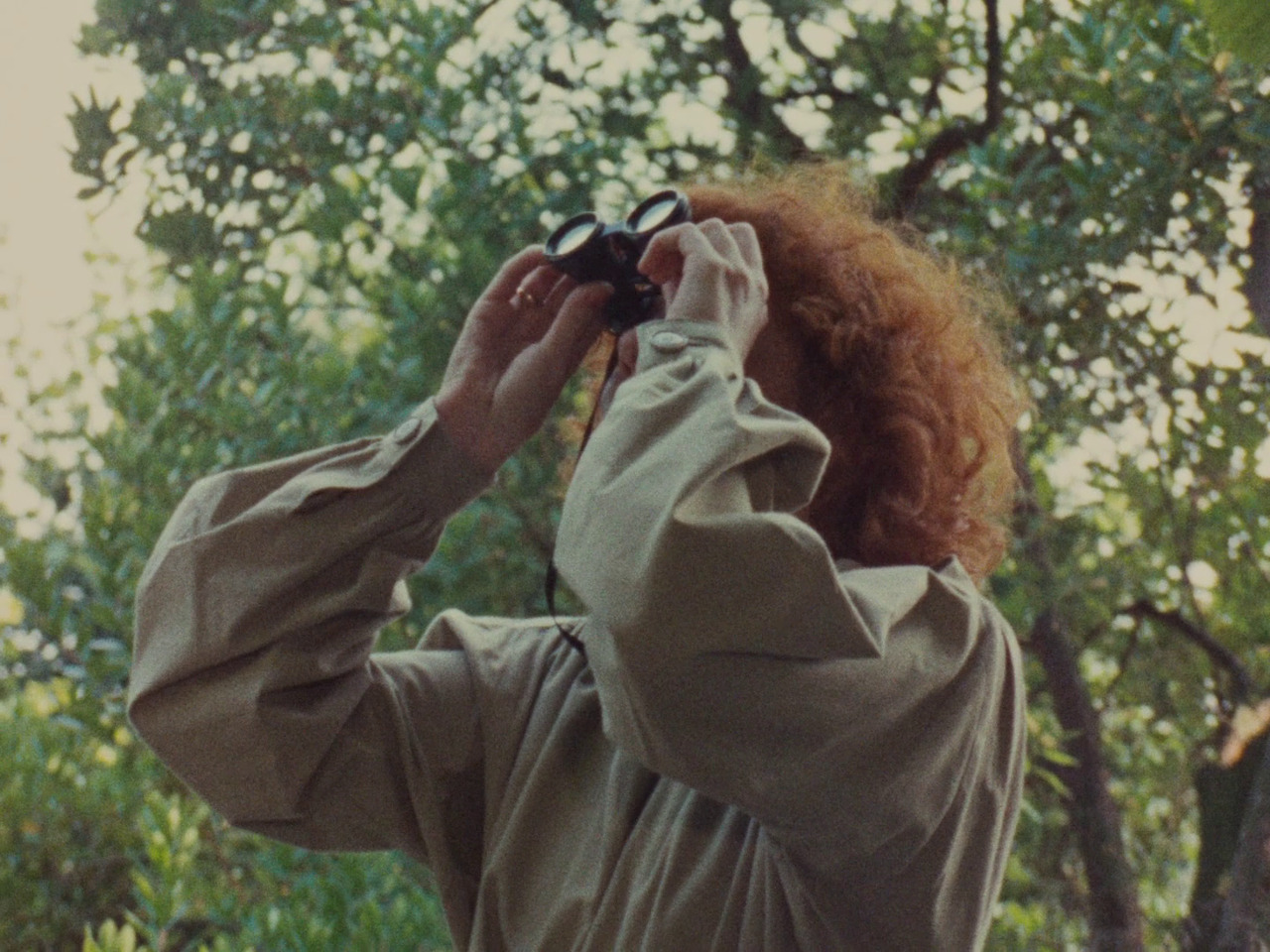
“Rivette’s film […] focuses not on women as sexual objects but as the desiring subjects of the narrative. The two female protagonists do not conform to a male fantasy, rather it is their own fantasies which dynamise and direct the film the inhabit. In this regard it is important to stress that the film is a collaborative effort, co-writter by Rivette, Eduardo Gregorio, and its three principal actresses: Juliet Berto, Dominique Labourier and Marie-France Pisier.”
Guy Austin1
“I don’t believe I ever laughed as much as during those sequences, excuse me, during the few weeks when we were all talking with each other, when we tossed out a lot of ideas, ten times more ideas than there are in the film, loads of improbable ideas, we were saying whatever went through our heads, so the film is very reasonable, and funny, ah, well, it was thanks to her, so, I think it was Juliet who wanted to do that bit, and later, it definitely influenced the film that I wanted to make.”
Jacques Rivette2
“One of Rivette’s most quickly made films, Céline and Julie Go Boating is also one of his most entertaining, a comically reflexive demonstration of the cinema’s dual status as both a distorting reflection of the world and a shared hallucination. The two titular protagonists create a space of enchantment within their otherwise ordinary lives by using magical sweets to ‘enter’ fictional projections, which they eventually infiltrate and take over.
Unsurprisingly, the boundaries separating the highly stylized film-within-a-film, ensconed within a Victorian mansion, and the naturalistically shot scenes in the contemporary world become extremely tenuous, especially after a scene in which Céline and Julie don Feuilladesque costumes, sneak into a library, and steal and enormous book. Passage between the two domains is initially marked by the bright red imprint of a hand, but the different layers are also interposed through direct cuts.
For all its playfullness, Céline and Julie Go Boating is among Rivette’s most rigorous films, held together by a prismatic montage in which brief fragments from the different zones of the film are interspersed with cuts to black leader and even, on a few significant occasions, the sort of photographic stills used in Out 1: Spectre.”
Richard I. Suchenski3
“Because of their unconventional narratives and length (some exceed four hours), Rivette’s films are unfortunately rarely shown, yet they are both rewarding and pleasurable. […] The celebrated Céline et Julie vont en bateau (1974) remains the most consummate expression of Rivette’s challenge to narrative and patriarchal structures: Céline and Julie control their destiny (as the actresses did with the script), live by their wits, and reject men and marriage; their relationship is both positive and fun (though not explicitly sexual).”
Annette Kuhn4
“The mythic ‘parallel world’ of Céline et Julie forms the formal and conceptual foundation of Rivette’s work throughout the decade, particularly Scènes de la vie parallèle (Scenes from a Parallel Life). Yet Céline et Julie holds a unique place in the director’s oeuvre, for it is his first comedy. In the key 1974 interview with Rosenbaum, Sedofsky, and Adair, ‘Phantom Interviewers over Rivette’, Rivette insists that he had ‘the desire from the very beginning to do something close to comedy, and even frankly “commedia dell’arte”’.5 .”
Mary M. Wiles6
- 1Guy Austin, Contemporary French Cinema: An Introduction (Manchester University Press, 1996).
- 2Mary M. Wiles, Jacques Rivette (University of Illinois Press, 2012).
- 3Richard I. Suchenski, Projections of Memory: Romanticism, Modernism, and the Aesthetics of Film (Oxford University Press, 2016).
- 4Annette Kuhn, Susannah Radstone, The Women's Companion to International Film (University of California Press, 1994).
- 5Jonathan Rosenbaum, Lauren Sedofsky, and Gilbert Adair, Phantom Interviewers over Rivette (Film Comment, September–October 1974, p. 18–24).
- 6Mary M. Wiles, Jacques Rivette (University of Illinois Press, 2012).